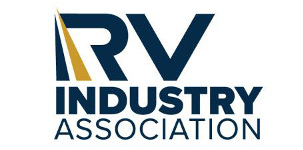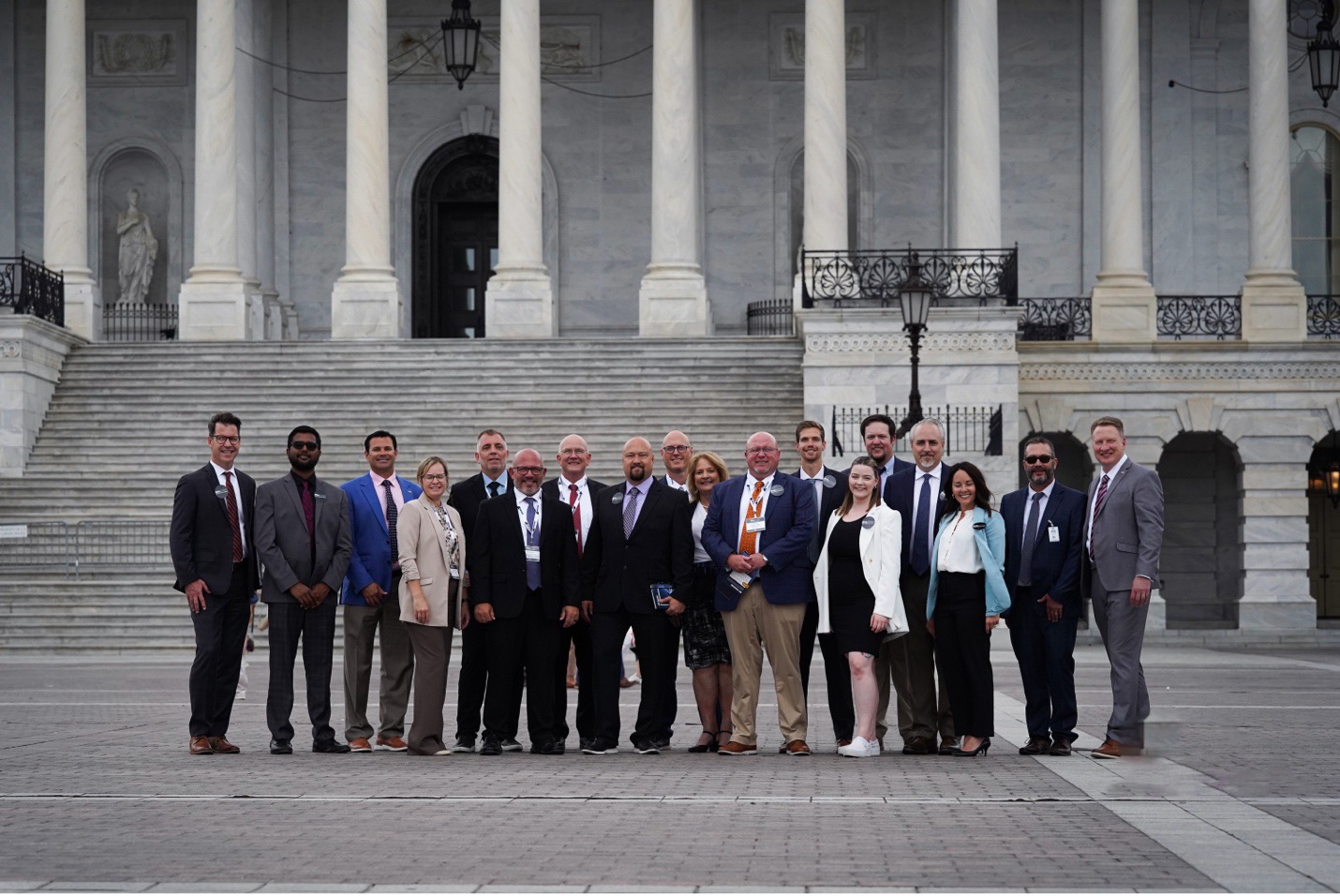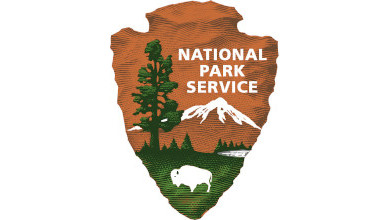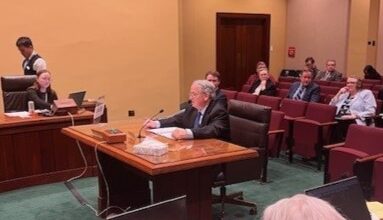2024 Advocacy Day Spotlights Major Industry Priorities

Advocacy Day, the cornerstone event of RVs Move America Week, took place Wednesday, June 5, with more than 100 association members and partners participating in 107 meetings with federal policymakers on Capitol Hill and administration decision makers.
They shared the industry’s significant economic impact and advocated for four legislative industry priorities.
Advocacy Day is a crucial way for the RV industry to build and maintain its legislative support among representatives on Capitol Hill. This support is a key element of the RV industry’s continued growth and success.

“Our members and association staff enjoyed another successful Advocacy Day on Capitol Hill speaking with our Congressional representatives about RV industry priorities,” says Jason Rano, the RV Industry Association (RVIA)’s vice president of government affairs. “By bringing their voices, experiences and expertise to events like this one, our members continue to be an invaluable, driving force as we work to ensure that as many Americans as possible can enjoy the RV lifestyle.”
Below is an overview of the advocacy asks on Capitol Hill and their significance to the RV industry:
1) Support GSP reauthorization and reform legislation: The RV industry relies on the Generalized System of Preferences (GSP) to import duty-free lauan from Indonesia. Unfortunately, the program expired on Dec. 31, 2020. Studies have shown that the GSP program reduces reliance on Chinese imports and helps American manufacturing.
Competitive Need Limitations are built-in import ceilings under the GSP program that eliminate duty-free access to the U.S. market for products that exceed them. GSP benefits terminate automatically when either the volume or dollar threshold is met. Both limits hurt imports of products like lauan, which are mainly imported from one beneficiary country due to the type of product.
Advocates asked their representatives to support the Generalized System of Preferences Reform Act (H.R. 7986), which retroactively reauthorizes the GSP program until 2030 and contains long-overdue updates to Competitive Need Limitation thresholds.
2) Co-sponsor the Travel Trailer and Camper Tax Parity Act: The current definition of “motor vehicle” in the federal tax code inequitably impacts certain segments of the RV industry. While dealer inventory financing interest charges on motorhomes remains fully deductible, since 2017 towable RVs have been limited to deductions of only 30% of interest expenses based on earnings before interest and tax.
This is problematic because 85% of the RVs on the market are non-motorized towables. This RV motorhome/towable distinction is unfair and was not the Congressional intent behind changing the definition of “motor vehicle.” The unintended disparity becomes more problematic as interest rates increase.
The RV industry asked lawmakers in the House of Representatives to co-sponsor the Travel Trailer and Camper Tax Parity Act, which was introduced in the House by Reps. Rudy Yakym and Dina Titus. The industry also requested that lawmakers in the Senate co-sponsor the Travel Trailer and Camper Tax Parity Act, which is spearheaded by Senators Joni Ernst and Angus King.
3) Support de minimis reform: A loophole allows duty-free importation of merchandise valued at $800 or less, directly shipped from abroad to the US. An emerging industry in neighboring countries like Canada and Mexico exploits de minimis loopholes. This trend threatens U.S. jobs and economic stability. The current system has cost RV businesses millions of dollars and resulted in potentially poorer experiences for customers.
Advocates requested that lawmakers support the End China’s De Minimis Support Act, a first step. They noted that Congress must go further to prevent China from undermining American businesses.
4) Support the passage of the outdoor recreation package (EXPLORE Act/America’s Outdoor Recreation Act): The bipartisan America’s Outdoor Recreation Act and its House companion, the EXPLORE Act, provide additional tools to directly address RV industry and outdoor recreation.
The legislation:
- Provides technical and financial assistance to gateway community campgrounds to help respond to unprecedented demand.
- Extends public land shoulder seasons to allow people to enjoy parks and campgrounds longer, while minimizing overcrowding by spreading out visitation.
- Brings much-needed broadband/Wi-Fi to front-country sites for public safety and visitor needs.
- Establishes pilot programs to utilize industry expertise to repair and modernize campgrounds on federal lands.
The Senate Energy and Natural Resources Committee unanimously approved this bipartisan legislation on May 17, and it now awaits a full Senate vote. With that in mind, RV industry advocates asked that Senators support the passage of the outdoor recreation package, America’s Outdoor Recreation Act.
The House of Representatives passed the EXPLORE Act on April 9. Advocates expressed their thanks for passing the EXPLORE Act and requested that representatives continue to support a comprehensive outdoor recreation package.


